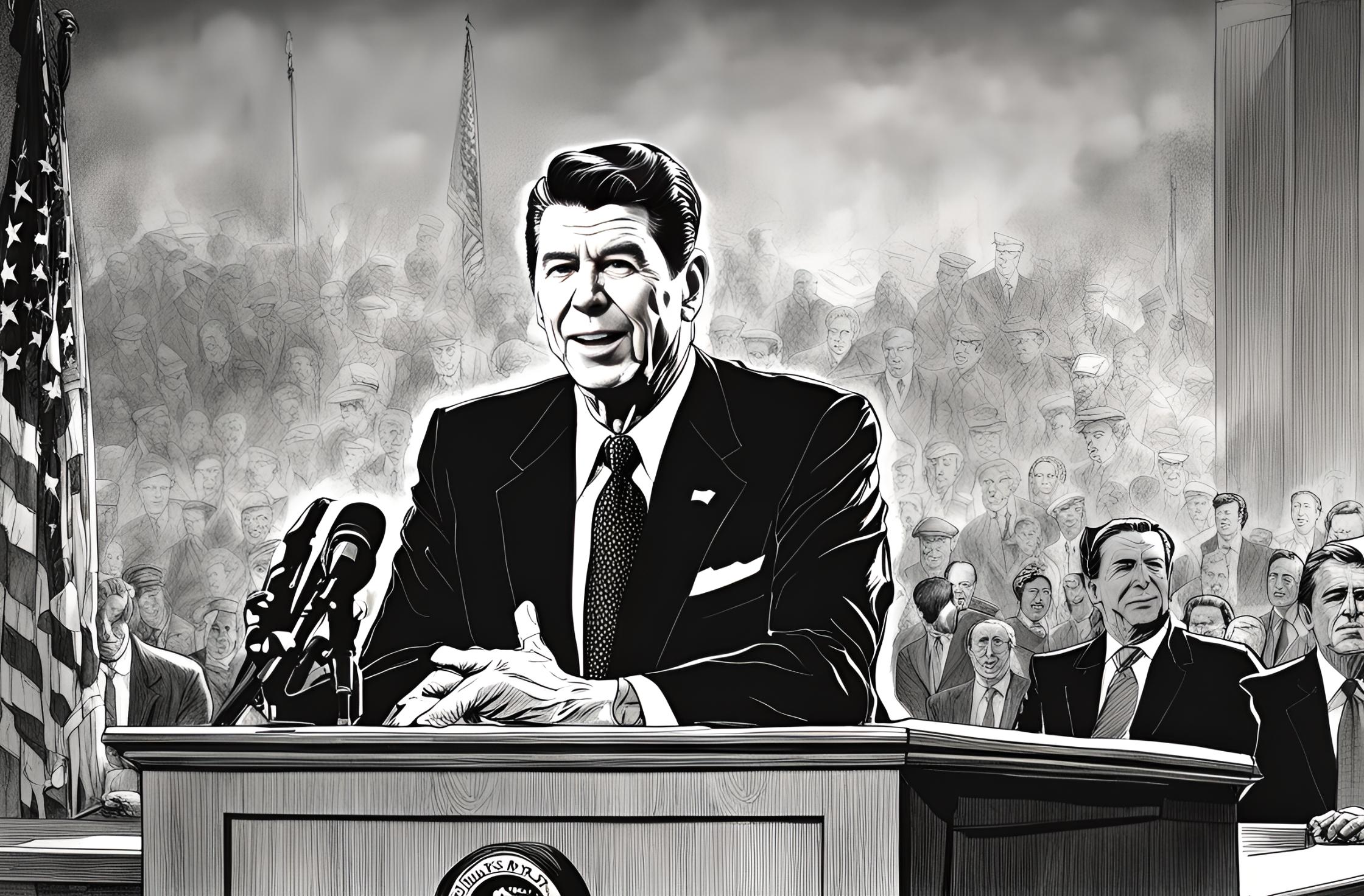Flashback to October 14
American History

U.S. President Ronald Reagan proclaimed the War on Drugs on October 14, 1982. This policy change marked a key shift in the way the United States addressed drug use and addiction, impacting American society for generations to come. This article seeks to explore the context, impact, and aftermath of Reagan’s declaration, providing deep insights into this pivotal moment in the nation’s history.
In the early 1980s, concerns about drug use were at an all-time high in the United States. The emergence of illicit drugs, such as cocaine and heroin, raised alarm bells across the nation. There was a growing sense that these substances were not just harming the individuals using them, but were also causing a litany of societal ills. President Ronald Reagan responded forthrightly on October 14, 1982, by launching the War on Drugs. His tough-on-crime stance was amplified by Nancy Reagan’s “Just Say No” campaign which endeavored to prevent drug use through public awareness and education.
The War on Drugs represented a seismic shift in American policy. The United States government poured billions of dollars to combat the drug trade at every level, from local law enforcement to international operations. The new approach saw a significant increase in drug-related arrests, prosecutions, and incarcerations, with the repercussions rippling through every layer of society. Many argue that although the policy was aimed at curbing drug trade, it disproportionately affected minority and lower-income communities, leading to ongoing debates regarding its effectiveness and fairness.
Reagan’s War on Drugs has been the subject of persistent critique. The policy’s emphasis on criminal charges over rehabilitation is often cited as a key issue. Many believe that the focus should have been on addressing the root causes of addiction and funding treatment rather than punishment. The legacy of the War on Drugs attributes to the current debates on drug policy reform, including the decriminalization and legalization of certain substances and the emphasis on harm reduction strategies.
The War on Drugs, as instigated by Ronald Reagan, remains a reference point for the nation’s complex relationship with substance use policy. Reflecting on the history of this event can help us comprehend the trajectory of this enduring issue. October 14, 1982, marked the commencement of a war that is, in many respects, still ongoing, underscoring the consequences of policy decisions and the ongoing need for a compassionate, effective approach to drug use and addiction.
The legacy of President Ronald Reagan’s War on Drugs proclamation continues to influence current policy debates and public opinion on drug use and legislation. The impacts of this policy are far-reaching, altering societal attitudes towards drug use, affecting communities, influencing international relations, and shaping the discourse surrounding substance abuse treatment and prevention.
As we delve deeper into Reagan’s War on Drugs, we uncover a watershed moment that profoundly shaped the United States’ handling of substance abuse. Recognizing the complexities of this chapter in American history provides critical insights into modern-day drug policies and the continuing discussions on addiction, punishment, recovery, and societal change.
We strive for accuracy. If you see something that doesn't look right, click here to contact us!
Sponsored Content

US President Ronald Reagan…
On October 14, 1982,…

First Continental Congress is…
Unveiling a monumental moment…

The Staggers Rail Act…
Commemorating the transformative moment…

The New York Gold…
Experience the rich history…

11 leaders of the…
On October 14, 1949,…

Henry Blair is the…
"Recognized as the first…

